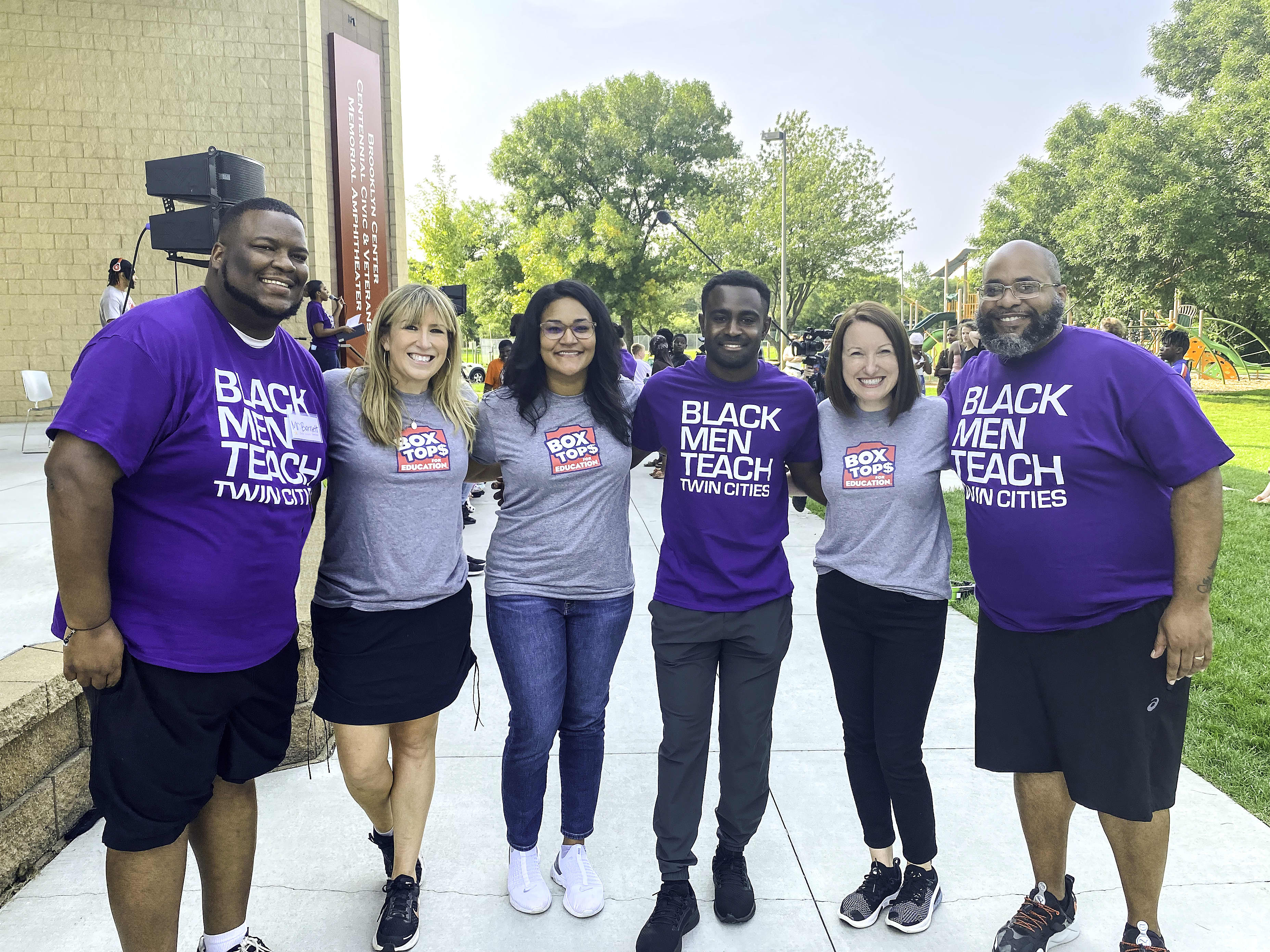Civic involvement
Bringing our mission to life through public policy
Rooted in our history
From helping President Eisenhower launch the President’s Fitness Challenge in the 50s to developing a food safety process for astronauts - now the gold standard in the industry – General Mills has a long, rich tradition of involvement in public policy.
Here’s how we do it:
Advocacy and lobbying: We comply with lobbying regulations where applicable and are registered as a lobbying entity at the U.S. federal level, and in Minnesota and California.
Our civic policy. Our policy explains who within our company makes and oversees political activity decisions. It also encourages our employees to engage in line with their own personal beliefs, following all laws and regulations, during nonwork hours. You can find it here.
Trade associations and independent groups: Trade associations and similar groups offer many benefits, like professional development, best-practice sharing and business support. They also help companies engage with one voice. We’re members of many associations worldwide.
Campaign finance and political action committees: Sometimes we contribute to candidates and organizations. We think it’s important to do this transparently, so we keep a list of our political contributions on our website and update it twice a year. You can find it, and an archive of past actions, here.
As a corporate citizen, we occasionally support the legislative process by contributing prudently to state and local candidates and political organizations, when such contributions are permitted by federal, state and local law.
We recognize the importance of accountability and transparency for our political contributions. Our policy describes our procedures for using corporate funds for political contributions. The Public Responsibility Committee of our board of directors reviews our policy. We disclose a list of our political contributions semiannually on our website and provide an archive of past years.
In 1976, our employees established the General Mills Political Action Committee (G-PAC), which is run by employees and uses employee funds to make political contributions to federal, and in limited cases, state political candidates.
We pay the costs of administering the G-PAC, but we do not make contributions on behalf of the company through the G-PAC.
All transactions by the General Mills Political Action Committee are completely transparent and available on the Federal Election Commission website.
Board oversight. The Public Responsibility Committee of our board of directors is made up of entirely outside directors that provides oversight over the company’s political activity including:
Review of company policy on political expenditures
Review of corporate political contributions
Review of major trade association memberships
Approval of independent political expenditures (although the company has not made any)
See what we’re cooking up
Get the latest on company and brand news, financial performance, sustainability reports, and more.


